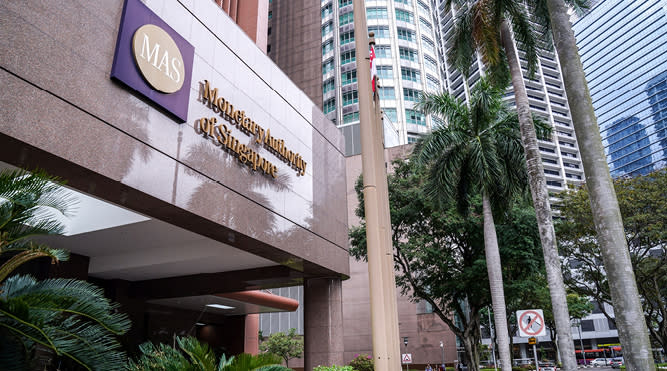MAS expands definition of retail investors that crypto players can service, guidelines in effect from mid-2024

Singaporeans and non-Singaporeans will be subject to the MAS’s consumer access measures if they want to engage local crypto firms.
Final regulations for digital payment token service providers (DPTSPs) have been laid out by the Monetary Authority of Singapore (MAS), in which firms will have to apply consumer access measures to all retail investors, regardless of their residency.
This means that Singaporeans and non-Singaporeans alike who are interested to engage with the services provided by cryptocurrency firms regulated in the city-state, will be subject to the central bank’s guidelines of consumer access measures.
This is according to the central bank’s second and final phase of the responses to feedback on its proposed regulations for DPTSPs that were launched in October 2022. The guidelines will take effect in phases from mid-2024.
The MAS said that the majority of its respondents, ranging from industry associations, DPTSPs, financial institutions, professional service firms and interested individuals, were supportive of its proposal to apply consumer access measures to retail customers.
Its definition of retail investors refers to clients who are not accredited investors or institutional investors, of which the definition would be aligned with those set out in the Securities and Futures Act (SFA).
The MAS zoned in on consumer access measures that DPTSPs will have to adhere to. These include having to determine a retail customer’s understanding of risks of DPT services; not offering incentives to customers, no provision of debt-financing or leveraged DPT transactions to retail customers, and not accepting credit card payments.
Specifically, DPTSPs are not allowed to offer incentives to prospective and existing retail customers. Broadly, this includes sign-up incentives, referral incentives, trading incentives, and “learn and earn” programmes.
Regarding the disallowing of credit card payments, the central bank will not let DPTSPs accept credit card payments, except from foreign-issued credit cards or charge cards.
The MAS’s consulted proposals details business conduct and consumer access, in an effort to limit potential consumer harm.
Earlier in July, the MAS released its first phase of requirements for DPTSPs, with a focus on business conduct measures. Some notable guidelines include the restriction of DPTSPs from facilitating lending or staking of their retail customers’ DPTs.
It also includes minimum technology and cyber risk management requirements for DPTSPs. In the area of technology and cyber risk, MAS will require DPTSPs to maintain high availability and recoverability of their critical systems, in line with current requirements imposed on financial institutions.
See Also:
Click here to stay updated with the Latest Business & Investment News in Singapore
New Binance CEO Teng's first job is to avert customer exodus
Binance was used to funnel money to Hamas, other militant groups
Changpeng Zhao, brawling titan of Binance, meets a sudden defeat
Get in-depth insights from our expert contributors, and dive into financial and economic trends

 Yahoo Finance
Yahoo Finance 